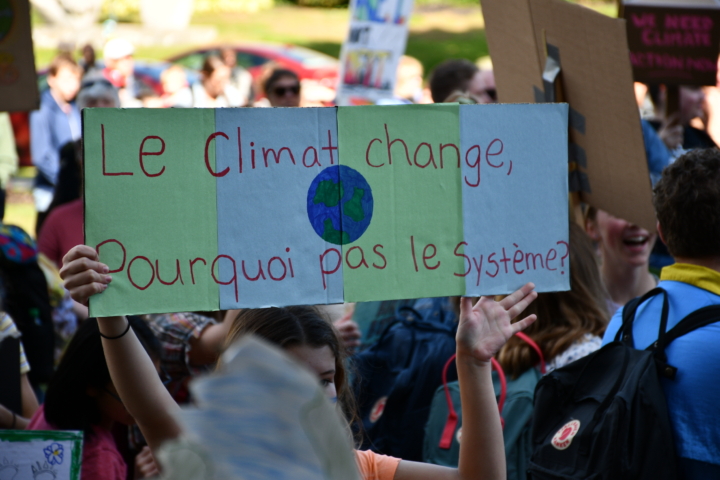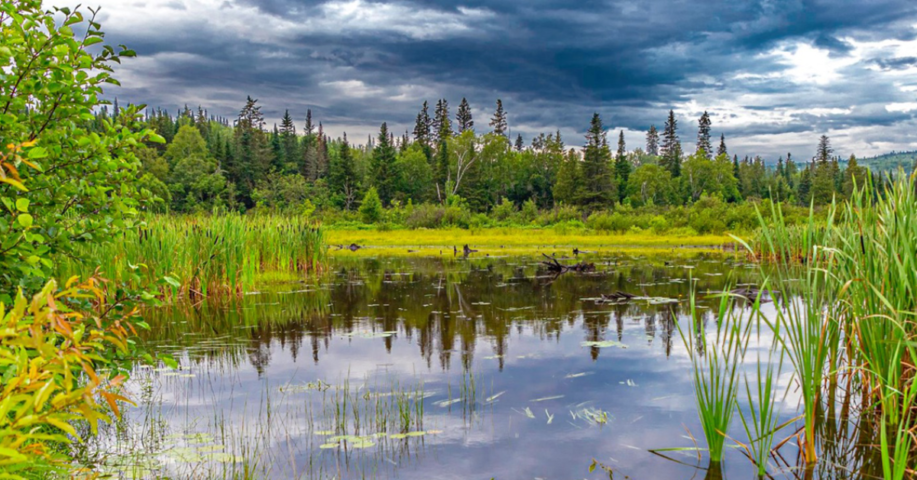Thank you, Mr. President.
That’s a phrase I haven’t used for a while.
Last week, U.S. President Joe Biden announced more parts of his plan for far-reaching actions to cut carbon pollution, aid poor and polluted communities, and shift the nation away from fossil fuels. The new administration will treat climate change ‘as the emergency that it is,’ one top adviser told the Washington Post.
“Biden signed an executive order establishing a White House interagency council on environmental justice, create an office of health and climate equity at the Health and Human Services Department, and form a separate environmental justice office at the Justice Department. The order also directs the government to spend 40 per cent of its sustainability investments on disadvantaged communities,” according to the article.

Our friends right next door, Maine Conservation Voters, (MCV) says the set of new executive orders signals a “serious commitment to shift away from fossil fuels,” by directing federal departments and agencies to eliminate fossil fuel subsidies, to instead invest in clean energy – including doubling renewable energy production by offshore wind by 2030 – and bring in an immediate ‘pause’ on new oil and gas leasing on public lands and offshore.
Biden also set a goal to conserve 30 per cent of U.S. lands and waters by 2030 — a target previously adopted by Canada’s Prime Minister Justin Trudeau. MCV says: “This is similar to Maine’s “30×30” commitment, articulated in the state’s new Climate Action Plan and resonates deeply with Maine people, who know that a healthy ocean and environment are good for our economy, our communities, and ourselves.”
Our provincial government would be wise to read up on the President’s climate ambition and nature protection agenda as well as his emphasis on job creation, like setting up a new Civilian Climate Corps Initiative.

We share much more than a border — we depend on the eastern seaboard for a large proportion of our export market. Our U.S and New Brunswick inter-government relationship won’t be solely dominated by blah blah over the softwood lumber agreement any more. Get ready for a fairer, and greener, U.S.
You can read the entire factsheet, “Executive Actions to Tackle the Climate Crisis at Home and Abroad, Create Jobs, and Restore Scientific Integrity Across Federal Government,” dated January 27, 2021, here.
You can read new research on how N.B. and Nova Scotia’s electricity plans compare to those found in some U.S. and other jurisdictions here.

